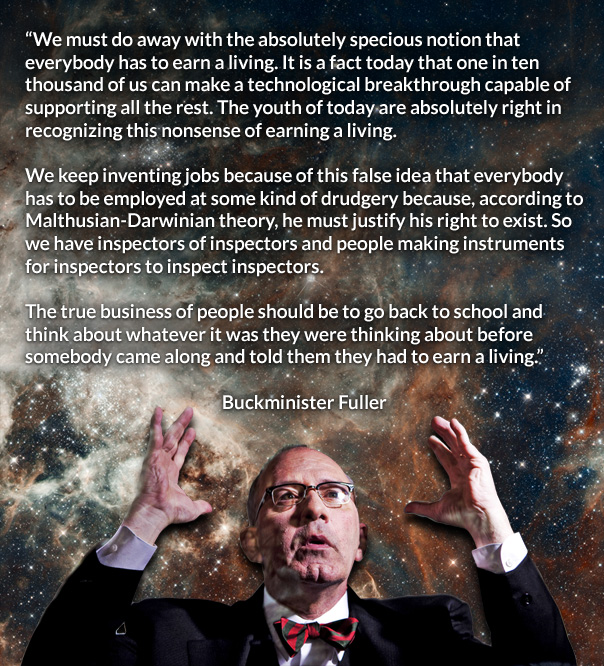My brother in law is very passionate about history. He sent me a text showing that Nicole Oresme discovered the law of uniformly varied motion, 2-3 hundred years before Galileo.
 |
| Nicole Oresme (image from Wikipedia) |
In fact, he discovered several other things before others did. This should not be such big news to historians of science, but it was to me. I checked his Wikipedia page, and found written that "Oresme manages to anticipate Galileo's discovery". So, I replied to my brother in law, who also seemed a bit disappointed that Oresme is presented only as a "precursor",
it seems that the words "precursor" and "anticipate" have different meanings than we thought. The Romanian prime minister is accused of plagiarism, because he copied almost his entire PhD thesis from another guy's book. Does this make the other guy a precursor of the prime-minister?
In science, it happens often that some effect or discovery is attributed to a more famous guy, although it is known that it was discovered by a less famous guy, sometimes long time before. This even has a name, the Matthew effect, coined by Robert Merton inspired by the Bible verse Matthew 25:29, King James Version,
For unto every one that hath shall be given, and he shall have abundance: but from him that hath not shall be taken even that which he hath.
Even if this law apparently was given by God, it seems unfair to me. But why scientists abide by such an unfair law?
My only explanation is that it is more practical. When speaking with someone about an effect, we call it with the name used by majority. We do so also when writing papers, so that interested people can find it in databases using the most common name. So, the reasons seem to be practical. But, even in this case, you can use the names of both persons, and this is a common practice too. I for example make an effort to write all the names in "Friedmann-Lemaître-Robertson-Walker singularity", and do this in chronological order, because it is more fair than just call it "Robertson-Walker".
I think it is very important to make sure, especially in a published work, that every time you mention the well-known scientists and inventors, to acknowledge also their "poorer relatives" , the "precursors" who merely "anticipated". Otherwise, after a time, they will be completely erased from history. When you will mention them, everybody will say "I haven't heard of him or her, and this name is not mentioned in any textbook or paper I've read". Check for example the history and talk around the Wikipedia page about the Bohr magneton. The value of this physical constant was first found by Ştefan Procopiu, this is a historical fact.
 |
| Ştefan Procopiu, (image from Wikipedia) |
Three years ago it was a "war", because somebody decided to "get rid of Procopiu" (his own words) from the Wikipedia page of the magneton. I will not reproduce the exchanged words, but I think that the main reason why he made the removal was that he never encountered Procopiu's name in relation to the magneton (in particular in Pais's biography of Bohr, which obviously was not the biography of Procopiu). There was a reference to Procopiu's paper, but he removed it too. I posted in the talk page, in addition to citations to two papers by Procopiu, a list of textbooks by experts, I explained that I have nothing against keeping the reference to Bohr, but why should we remove someone who really was the first who found it, and published this in two papers? Eventually, Ştefan Procopiu was accepted back in history, as a humble precursor who just happened to find the magneton first.
The precursor effect. This takes place when, if one wants to avoid to acknowledge that a person is the real author of a discovery or invention, one calls that person "precursor".
coined by me, or by some precursor of mine



